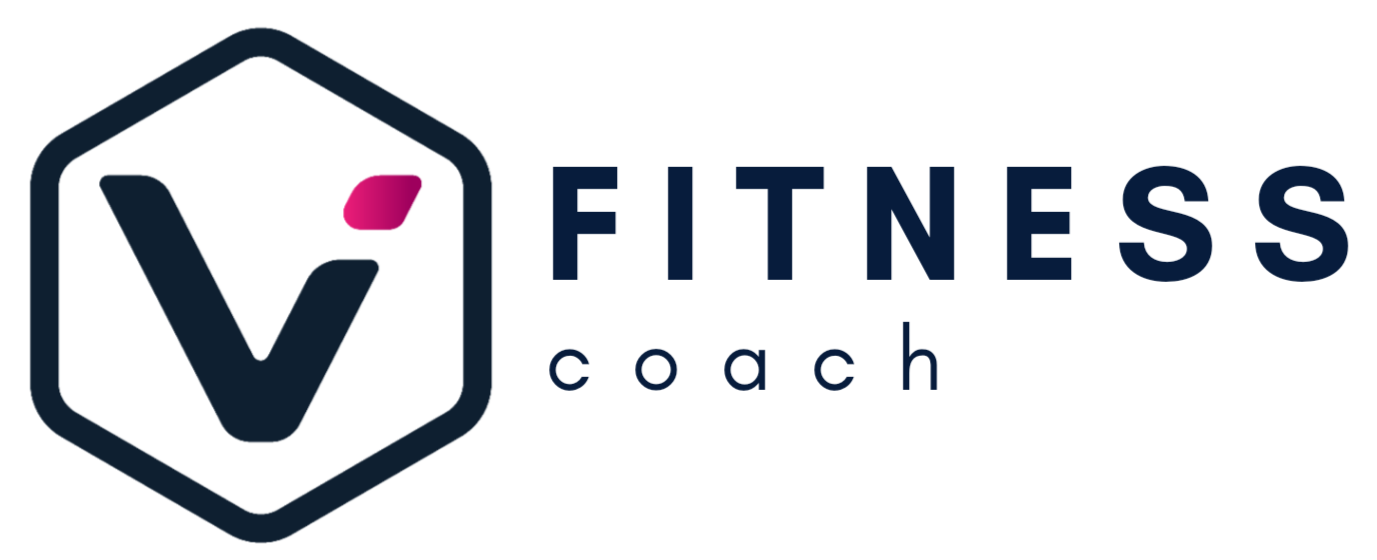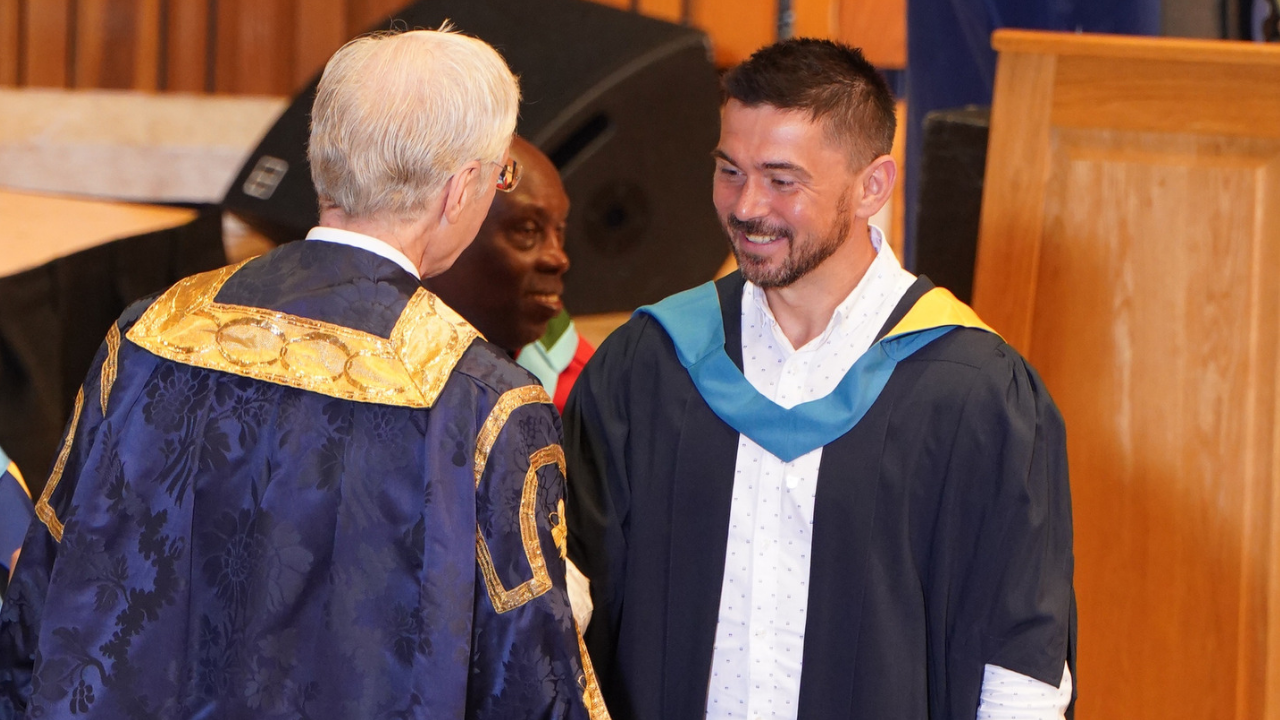I’ve been sharing my experience with managing my anxiety. It used to be really tough to deal with, with lots of worrying and overthinking, but now it’s much more manageable. The NHS Talking Therapies campaign even featured my story! In a previous post, I talked about the therapy process and what worked for me. One technique that really helped was finding distractions.
Sometimes when we feel anxious, it can be helpful to distract ourselves for a little while. However, it’s important to know that distraction is just a temporary solution, and it can’t solve the underlying causes of our anxiety. That’s why it’s best to use distraction in combination with other tools, like cognitive restructuring and exposure therapy, to manage anxiety in a more holistic way.
It’s also important to keep in mind that what works for one person may not work for another. So if you find that distraction helps you, there are a few benefits to it. By focusing on something else, even just for a little while, we can interrupt the cycle of negative thoughts and feelings that fuel anxiety. Doing something enjoyable can help us relax and feel more calm, too. And if we practice using distraction in a helpful way, it can build our confidence in managing anxiety in the moment.
Although I am not a therapist, I have learned through my own therapy process that there are two types of distraction methods that can help people cope with difficult situations. The first is cognitive distraction, which involves engaging in mental activities, planning future activities, and focusing on sensory details. The second is behavioral distraction, which includes engaging in physical activity, connecting with others, pursuing hobbies and interests, and practicing relaxation techniques.
If you have read my previous post, you know that I use exercise and learning as distraction methods for my anxiety. In this post, I want to discuss how education helps me cope with my anxiety.
Basically, the idea is to use a distraction technique whenever you feel anxious. At the time, I was already enrolled in an Exercise Referral course, so my therapist suggested using the course content as a means of distraction. Whenever I felt anxious, I would read a little bit of the course material or work on an assignment.
My therapist also emphasized that completing the course would give me a sense of accomplishment and could even have a positive impact on my career. And you know what? It worked like a charm! I’ve been hooked on learning ever since and have enrolled in all sorts of courses – both formal and free ones available online.
In fact, I even managed to complete a degree that I thought was impossible due to my age! The university course was presented in bite-sized pieces, and there was even an app available to access the material at any time. This allowed me to distract myself from anxious thoughts, learn new things, and make progress towards my degree.
Pursuing courses can provide structure and purpose, distract you from anxious thoughts, and equip you with new skills and knowledge. Achieving your goals and completing courses can boost your self-esteem and confidence, leading to better management of anxiety. Remember to consult with a therapist to determine if this technique is right for you. A CBT therapist can help you create a personalized plan to manage your anxiety, including using distraction techniques effectively. Don’t hesitate to seek professional support if you’re struggling.


